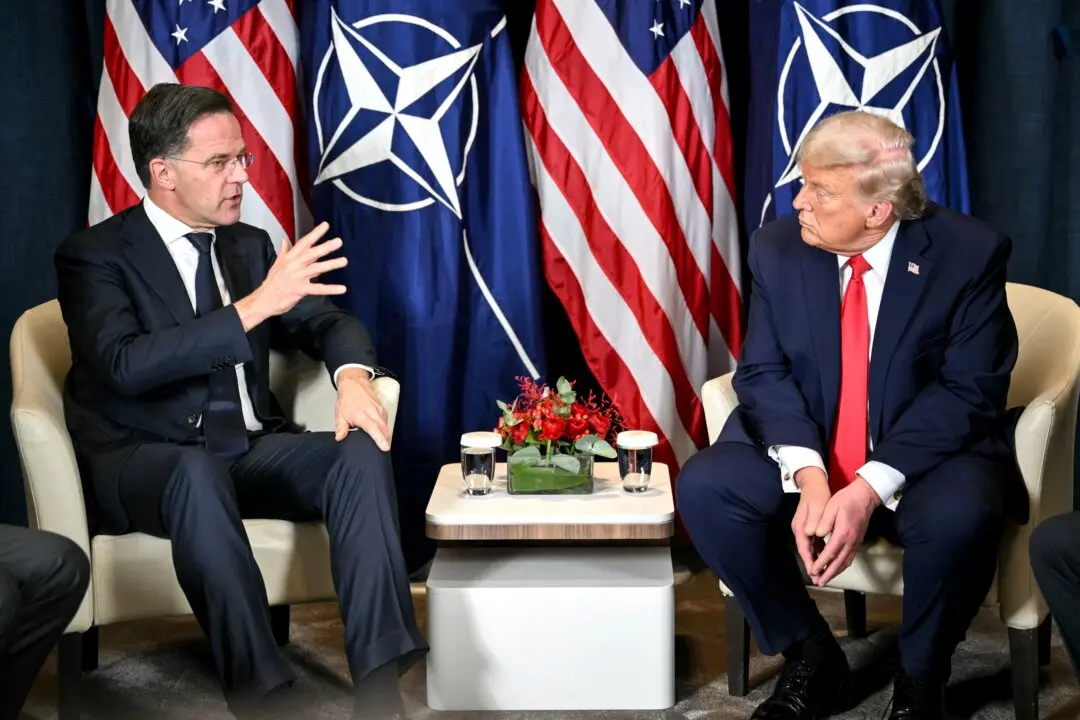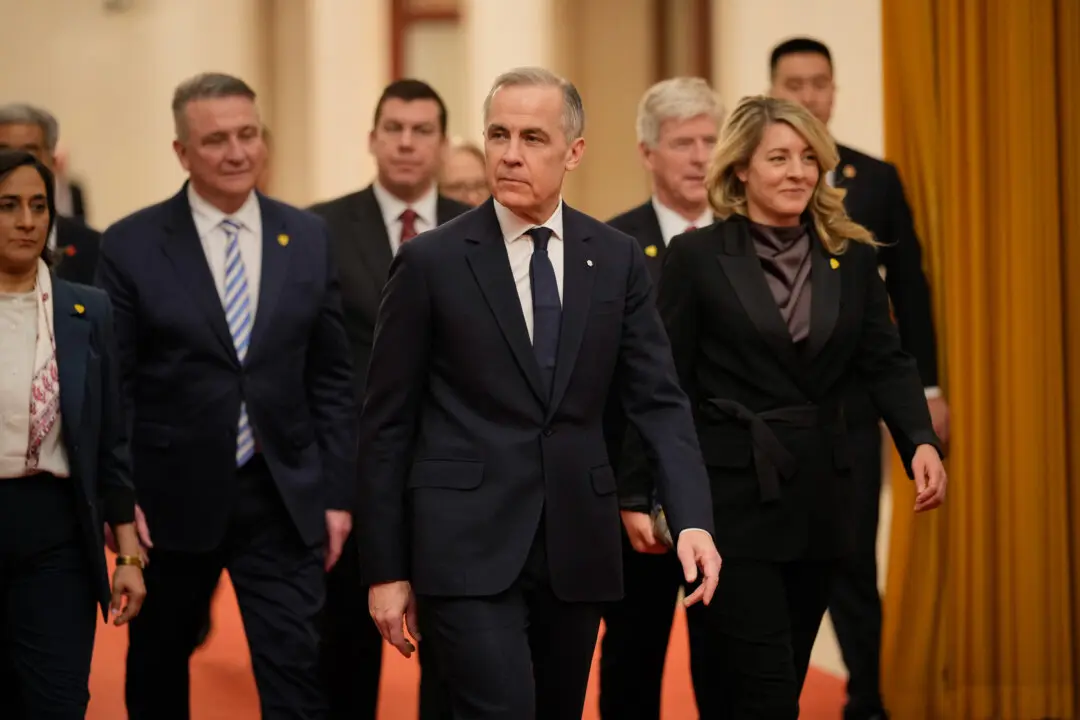Commentary
Whoever killed Hardeep Singh Nijjar in Surrey, B.C., in June of this year, it is another terrible and outrageous incident, like the murder of the Saudi-American journalist Jamal Khashoggi in 2018 in the Saudi consulate in Istanbul. It is horrific in itself, and if there is any truth to Justin Trudeau’s allegations, it is also an intolerable affront, but it cannot be allowed to undermine a vital international relationship.





